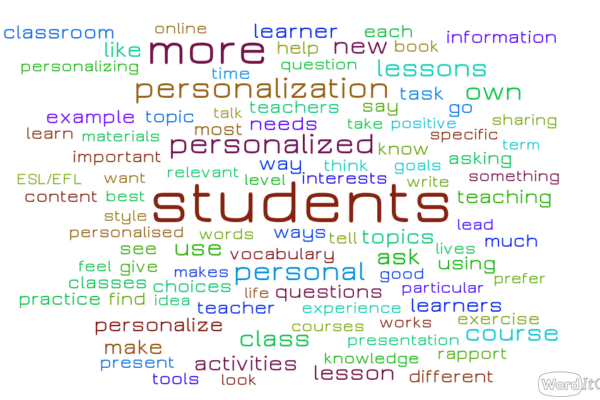Reading Made Easy for Learners
As a teenager, I read anything I could lay my hands on; that included all sorts of literature: good and bad. It didn’t matter as long as it was an interesting story ( from a young girl’s perspective, I might say).
As a young English language learner, I was lucky to study at an English language school with a library and I remember browsing through all those graded readers while I waited for class. However, there was a difference between me, the avid reader and me, the English learner: I didn’t care if the stories were silly as long as they were comprehensible. It was all about being able to understand the words and making sense of the text, which gave me a great sense of achievement.
Looking back, I now realize that I was actually motivating myself to keep on reading by picking out books that I could read rather than interesting books that were way above my level. The more I understood what I read, the more I read; the more I read, the more vocabulary I acquired, and before I knew it, I was reading unabridged novels on my own.
How can we introduce our students to extensive reading through graded readers?
Here are some useful tips:
- Your school has a library and yet your students don’t use its resources? If the mountain will not come to Mahomet, Mahomet must come to the mountain. Bring the books to class and let your students choose what to borrow and read at home. Let your students leaf through them and feel free to start from the easy ones. Comprehensible input is important for motivation;
- If your school doesn’t have a library, if you teach one-to-one, or if you teach in-company classes, build your own library of graded readers. Ask your students to share their stories; they can also write book reviews if you think they are up to the task. Remember that reading should be enjoyable, not a burden;
- Start with short books and stories; long books can be daunting for some students — especially adults, who usually have too little time to devote to reading anything at all, let alone books for their English class. The idea is to turn reading into a doable, pleasant activity.
- We should not lecture our students on the benefits of extensive reading; what we should do is encourage them to take one step at a time and enjoy the journey to become independent readers.
Here are two useful resources for teachers and learners I have come across in the Facebook group “Teacher Voices: Professional Development,” run by Handoyo Widodo, Willy Renandya, and Flora Debora. “Teacher Voices” has hosted some really fascinating discussions on a number of issues, including extensive reading.
Reading in a Foreign Language – An online journal in foreign language reading and literacy
https://nflrc.hawaii.edu/rfl/
Eleven Free reading Websites for Kids:
https://blog.reallygoodstuff.com/11-free-reading-websites-for-kids/8/







